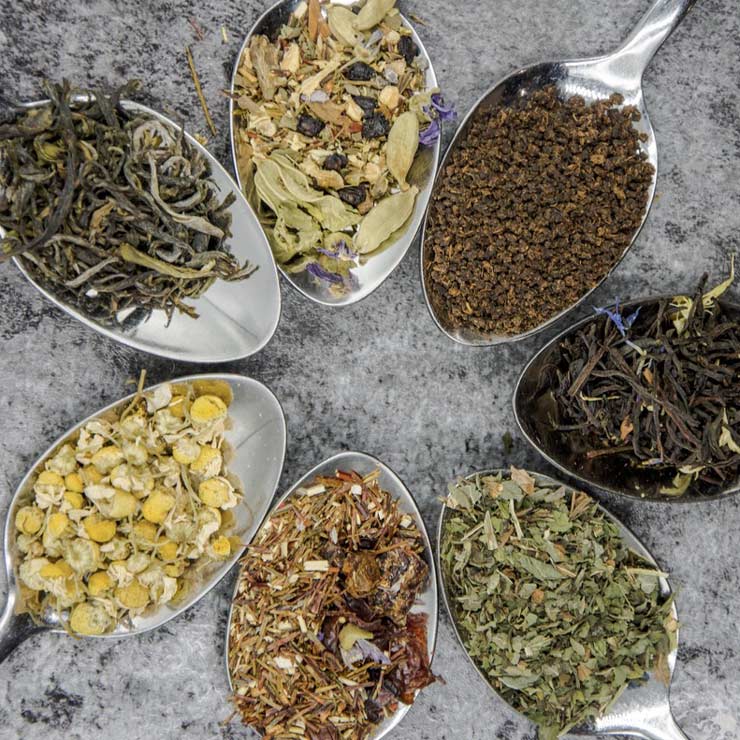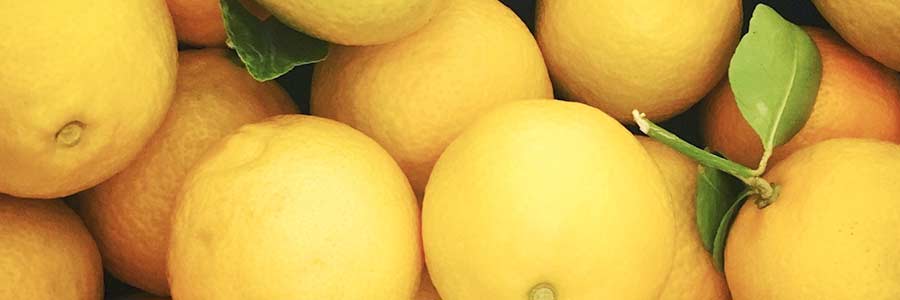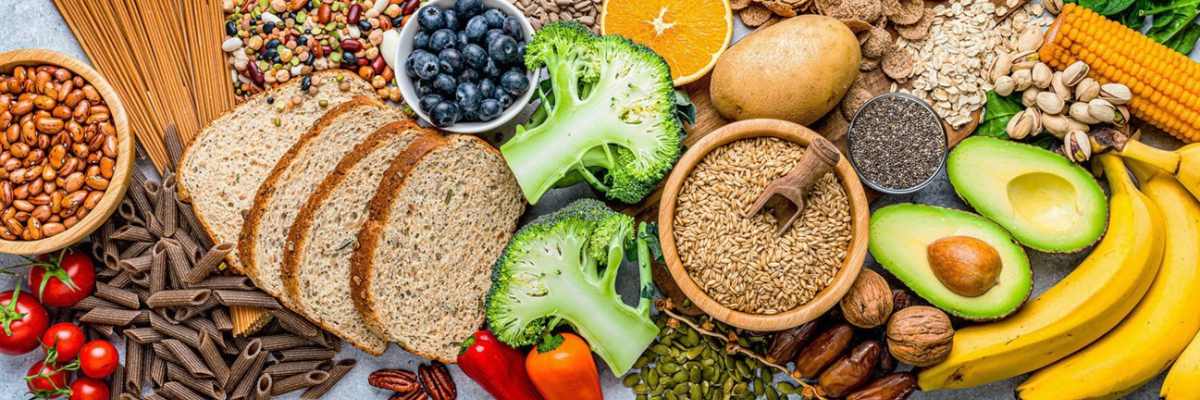Address symptoms and boost your immunity
It’s really important to try and support the body when you are feeling unwell. If you are dealing with a virus, many over-the-counter medications only treat the symptoms. These medications don’t support the immune system to fight the virus.
There are natural approaches that can help to address symptoms as well as boost your immune system if you get sick. If you feel really unwell and are in doubt about what you are dealing with, it is always good to check in with your health care practitioner.
When dealing with a respiratory infection. The top priorities should be hydration and rest. It’s important to drink plenty of fluids. Homemade vegetable or bone broths are really beneficial since they are rich in nutrients.
Herbal teas can be a wonderful addition to help with hydration and reduce some of the pesky symptoms. Some good choices include peppermint, ginger, eucalyptus, chamomile and hot water with lemon, honey and cinnamon.
If you have a sore throat, gargling with salt water or a couple of drops of tea tree oil diluted in water are helpful for loosening mucus and fending off bacterial throat infections. Zinc is an important mineral in immunity and zinc lozenges can be useful to soothe a scratchy throat. Add a teaspoon of slippery elm to your tea, it is a great demulcent (relieves minor pain and inflammation of mucous membranes) and will help to soothe a sore throat. Teas that are useful as demulcents are marshmallow root and licorice root. Chamomile and peppermint teas are useful to soothe irritated sore throats. A tablespoon of honey in hot water can also decrease throat pain and inflammation.

A good solution for respiratory congestion is to use a humidifier, vaporiser or steam inhaler. A warm steamy bath with a couple of drops of eucalyptus and peppermint oil would also be good to get things moving. Other essential oils that can be used in vaporisers or inhalers are menthol or frankincense. Using a neti pot to irrigate your sinuses is a great way to clear out any muck.
Supplements and foods can be helpful to support your immune function and build resilience. Where possible I try to give my clients whole food supplements.
That way the body can assimilate and absorb the supplements better. Things to consider include:
Vitamin C
Vitamin C may support the immune system and when taken during an illness it can act as a natural antihistamine and anti-inflammatory. Foods high in vitamin C are your brightly coloured vegetables and fruit. Aim for two portions of fruit a day and four to five portions of vegetables. A portion is the size of your palm.
Selenium
Selenium is a powerful antioxidant and a key nutrient for immune function. It helps boosts the body’s defenses against bacteria, viruses and cancer cells. Sadly, it is deficient in New Zealand’s soils. A good way of getting selenium into your diet is eating brazil nuts.
Garlic
Garlic contains a variety of compounds that can support immunity. Fresh garlic or in supplement form may reduce viral upper respiratory infection severity. It may also help to prevent infections with viruses that cause colds.
Vitamin D
Vitamin D is known as the ‘sunshine’ vitamin and is really important for our immune system. Studies have shown that vitamin D helps to reduce the risk of colds and flu. Many people are deficient in this vitamin. I would usually recommend my clients to supplement during winter, when they are not getting sufficient sun to boost vitamin D levels.
Probiotics
Probiotics contain ‘good bacteria’ that not only support the health of the gut but also influence immune system functioning and regulation.
These are recommendations that may help you boost your immune system. If you are unwell, it is always good to seek advice from your GP, particularly with the advent of Covid-19.






